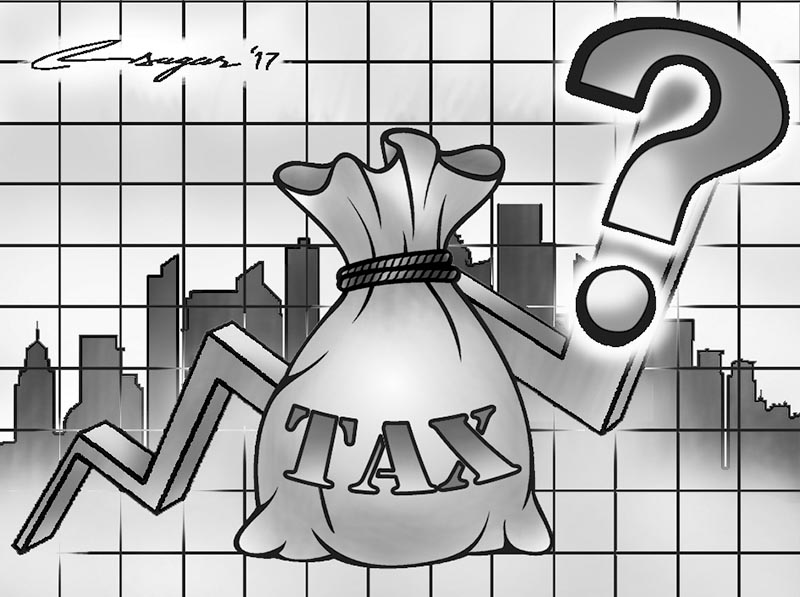FinMin for tax system revisit
Kathmandu, June 11
Finance Minister Yubaraj Khatiwada has said that the time has come to hold discussions on which system of taxation would be comparatively reliable and scientific for Nepal — value added tax (VAT) or goods and services tax (GST).
The Indian government had adopted the GST system on July 1, last year.
Amid the business community asking the government to give continuity to the VAT rebate system on different goods and services, which the government has scrapped through the fiscal budget 2018-19, Khatiwada urged the private sector to identify comparative advantages of these two systems of taxation.
“The fiscal policy attempts to improve the country’s taxation system. The government is open to discussions on other effective ways to make Nepal’s taxation system more reliable, scientific and robust,” said Khatiwada, addressing a post-budget interaction organised by the Federation of Nepalese Chambers of Commerce and Industry (FNCCI) here today.
Citing that the crux to development and prosperity is capital formation, Khatiwada urged the private sector to inject more
investments and attract foreign investments through their business networks.
“More than two-thirds of the desired annual investment, which accounts for more than Rs one trillion, has to come from the private sector and this is crucial for achieving the development goal targets. The government will do the needful to facilitate investment and the entire business committee,” the finance minister added.
Similarly, Minister Khatiwada also informed that the growth targets set by the fiscal budget 2018-19 are achievable, especially in the backdrop of good economic and growth indicators of Nepal in the past two years.
At the programme, Revenue Secretary Shishir Kumar Dhungana said that the budget for fiscal year 2018-19 has prioritised policy shift from import-based economy to a production-based economy. “The budget has scrapped the VAT refund facility that was being provided on certain goods to maintain uniformity in the taxation system for all. Moreover, VAT is directly collected from customers, which is why it should directly go to the state’s treasury,” he emphasised.
However, Dhungana assured the participants in the programme that the government will address the logical concerns
of the business community towards the budget through various possible means.
Bhawani Rana, president of FNCCI, stated that though the fiscal budget 2018-19 has incorporated private sector’s concerns, it has missed a few aspects which are crucial for ensuring a conducive business environment in Nepal.
She highlighted the need to increase export subsidy to at least 10 per cent, encourage banks and financial institutions to disburse at least 10 per cent of their loan portfolio to agriculture sector and enhance the quarantine and laboratory services at the custom offices.






